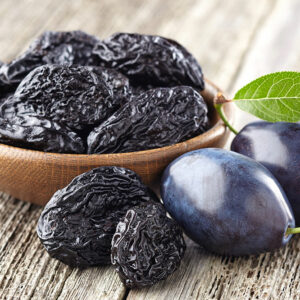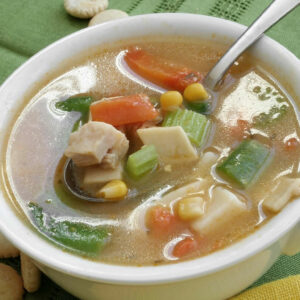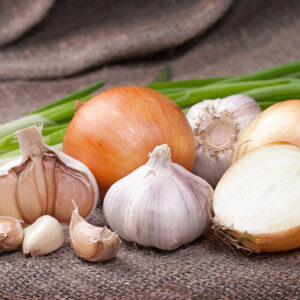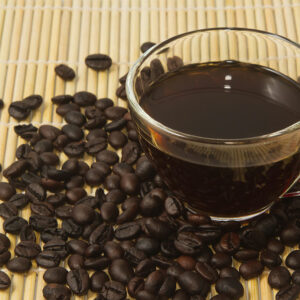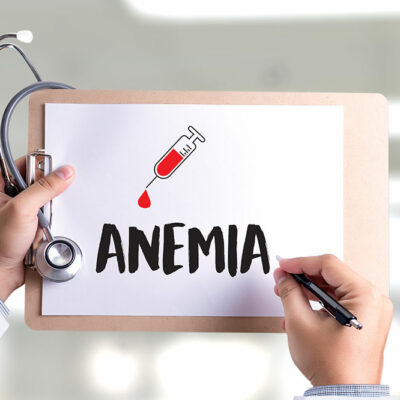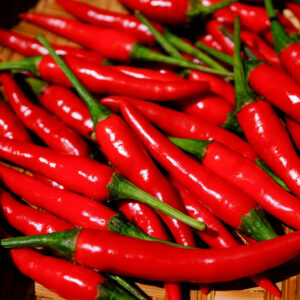
01
Avoid these 4 foods to manage cold sores
Cold sores, called fever blisters, are viral infections that lead to tiny, fluid-filled blisters. The blisters usually appear on and around one’s lips but can also affect one’s genitals. Cold sores are contagious and may lead to sore throat, itching, fever, or muscle aches. The infection often disappears without a scar after two to three weeks. Here is a list of foods to avoid to manage the symptoms of cold sores. Foods to avoid for cold sores Hot peppers and chilis Hot sauces and spicy condiments like peppers and chilis are best avoided during cold sores outbreaks. These foods are likely to worsen the symptoms of the infection and cause a cold sore to reopen. Nuts, poultry, and seeds Peanuts, walnuts, hazelnuts, almonds, sunflower seeds, sesame seeds, flax seeds, and poultry contain arginine, which may trigger cold sore outbreaks. The herpes virus needs arginine to multiply. So, the duration of the blister can be cut short, and the infection can be stopped from spreading if the virus is starved of L-arginine. While these foods contain other essential nutrients, one is advised to reduce the intake of food rich in L-arginine only until the cold sore is healed. Sugary cereals and processed foods Processed food like pasta, pizza, meat, snacks high in calories, sugary cereals, coke, or other artificially sweetened beverages is best avoided.
Read More 

